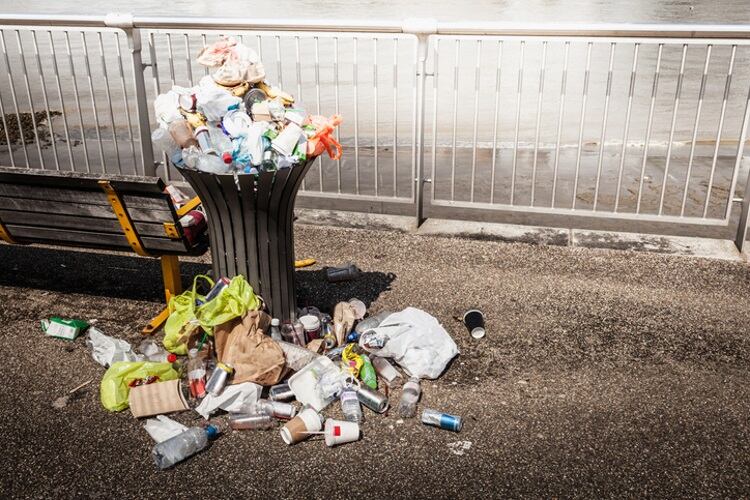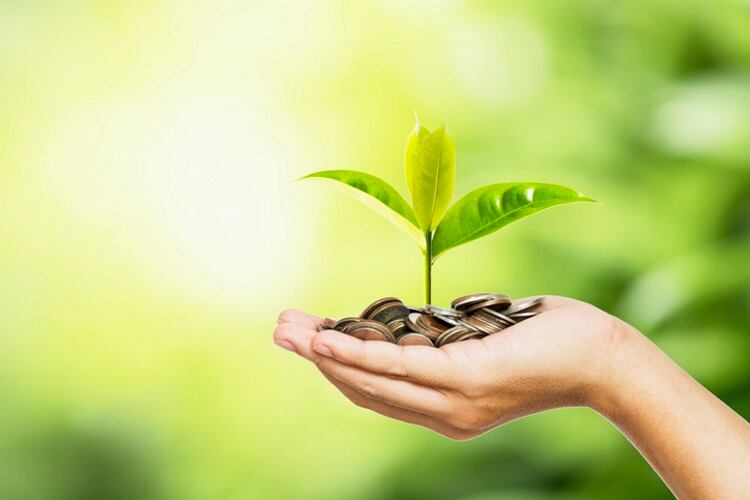The adoption of UBQ material is aligned with PepsiCo’s Positive (pep+) mission that puts sustainability at the heart of its business, with a global goal to achieve net zero carbon emissions by 2040.
UBQ material is the world’s first bio-based thermoplastic made entirely of unsorted municipal solid waste, including mixed plastics, paper, cardboard and organics. This means that for its manufacture, significant waste is diverted and GHG emissions into the atmosphere prevented.
In fact, the PepsiCo project alone is expected to save the equivalent of more than 6,500kg of GHG emissions – the equivalent of the annual carbon sequestration of 534 trees. More than 739kg of mixed waste will be redirected from landfills, looped back into the material as a valuable resource.
It is suitable to substitute conventional polymers in various durable applications.
Ecological pallets
The first phase of the project includes the manufacturing of 830 ecological pallets – made by PepsiCo’s partner Ecoboxes Embalagens Plásticas – for use in two of the snacking giant’s logistics centres.
In addition to UBQ, the pallets are made from recycled materials that include recycled PP resin and recycled BOPP (a plastic film used in the company’s snack packaging), which completes the circular economy cycle.
“This innovation is very exciting for PepsiCo because it helps us on our journey through materials that replace virgin plastic, while at the same time working on CO2 reduction,” said Raphael Cyjon, senior director of Operation at PepsiCo LatAm.
“In addition, this is a differentiated material because it represents an alternative to the chain as a whole, especially with regard to collection, sorting, transportation and final disposal in landfills. Now we will go further, scale this solution in Brazil, Latin America and why not in other parts of the world.”
Also being studied is the possibility of implementing UBQ as a raw material for other applications across the supply chain, demonstrating the commitment of PepsiCo and its partners in the search for solutions that help accelerate its ESG agenda.
UBQ Materials is helping manufacturers transition to greater sustainability with the patented bio-based thermoplastic made entirely of unsorted household waste – a revolutionary way to divert municipal solid waste from landfills and convert it into a sustainable substitute for oil-based plastics.



